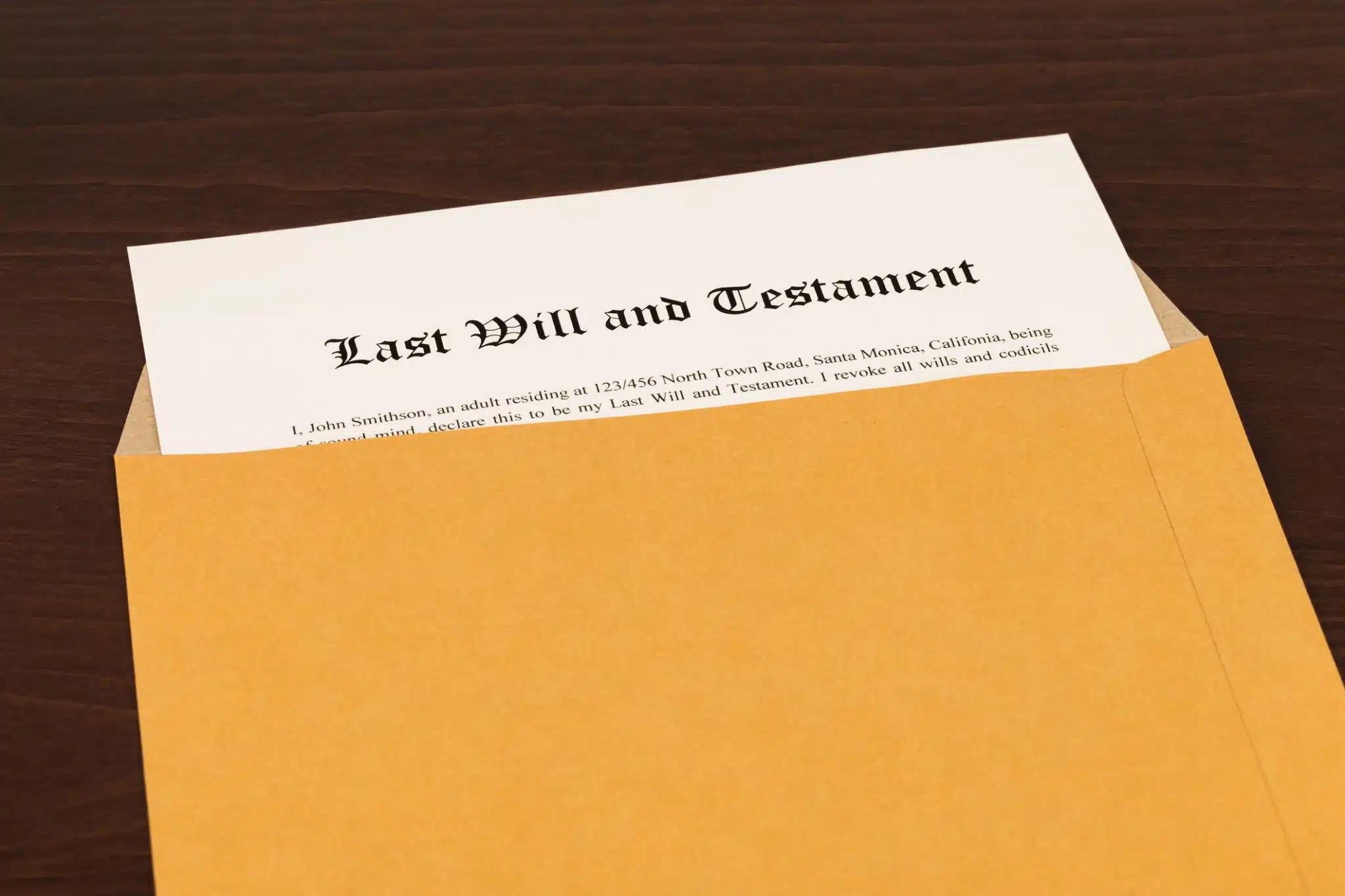Many people are familiar with a Last Will and Testament and Powers of Attorney but a common area of confusion is understanding the differences between a Will and a Living Will. Put simply, a Last Will and Testament is a document which states how you intend to deal with your assets and property and outlines your wishes for the care and guardianship of any minor children after you pass away. In contrast, a Living Will is often a schedule to a Power of Attorney for Personal Care and states your personal wishes concerning medical treatments while you are still alive (but unable to express these wishes due to incapacity). Let’s take a look at these distinctions in more detail.
Will
A Will states your wishes regarding how you wish your possessions, assets, and property to be dealt with after you pass away. With this legal document, you appoint an estate trustee to settle your final affairs and dictate who the beneficiaries of your estate are. The estate trustee will ensure debts and taxes are paid, and your beneficiaries (as listed in your will) will receive their inheritance. Through the Will, you also declare to whom your possessions, assets, and property will be allotted and if you have minor children at the time of your passing, who will be appointed the interim guardians of your children in the instance where the biological or custodial parent has predeceased you.
Creating a Will is very important as passing away without one means the provincial legislation (the Succession Law Reform Act, R.S.O. 1990, c. S.26) will dictate how your assets will be distributed and handled — including the guardianship of any minor children. Another benefit to having a Will is it allows you to maximize certain tax benefits and spread out the distribution to beneficiaries as you see fit. A Will only takes effect after a person has died, however, it can be edited, changed, and amended prior to death provided the Testator has the capacity to do so.
Living Will
On the other hand, a Living Will gives guidance to the person your Power of Attorney for Personal Care has appointed as your attorney for care decisions and outlines your health care preferences while you are still living so that your attorney making these decisions is aware of what treatments you do or do not want if you are unable to make these decisions. Some decisions that arise when crafting a Living Will include choosing whether or not you would like to be kept on life support if there is no hope of recovery and what level of care and support you would like to receive if you become unconscious or a severe accident occurs which may render you incapable of making such care decisions. A Living Will tends to be limited to medical wishes regarding a terminal illness, an injury, or permanent unconsciousness.
It is important to note that currently Canada’s Medical Assistance in Dying (“MAID”) legislation does not allow, for example, someone with a Power of Attorney for Personal Care to request a medically assisted death on behalf of another nor does it allow a patient to authorize a request for a medically assisted death in advance. The MAID legislation also prohibits a medically assisted death if the patient loses the capacity to give informed consent before the procedure is administered.
As you can imagine, it is hard to foresee every possibility that may arise. Therefore, you may choose to prepare a Power of Attorney for Personal Care which grants a trusted individual authority to make health care decisions on your behalf. They can use the Living Will as a guide when making these decisions in order to interpret best what you would want in certain situations where you lack the capacity to do so yourself.
This blog post was written by Diana Tebby, a member of the Real Estate and Wills and Estates teams. She can be reached at 613-369-0384 or at diana.tebby@mannlawyers.com.








